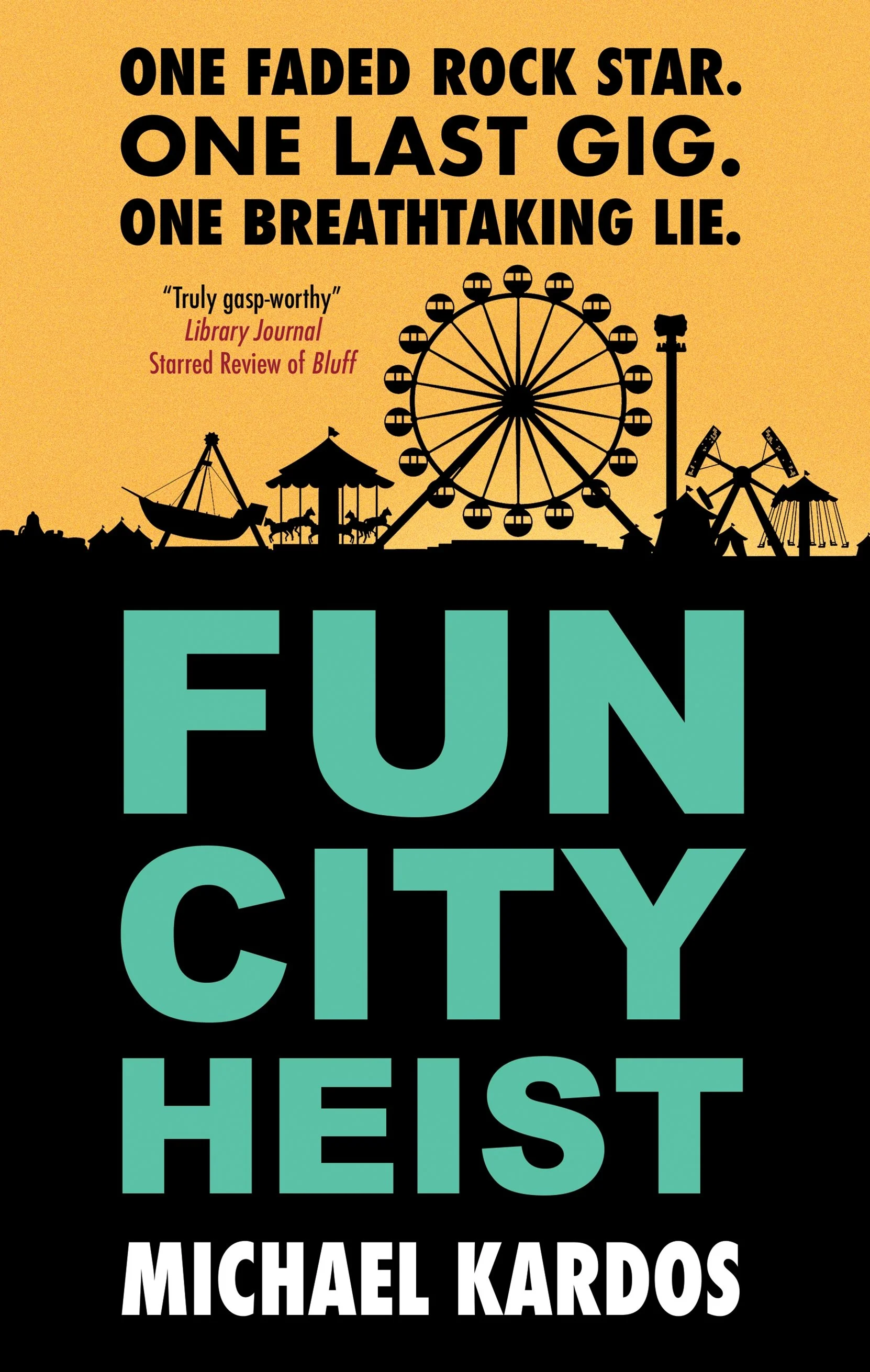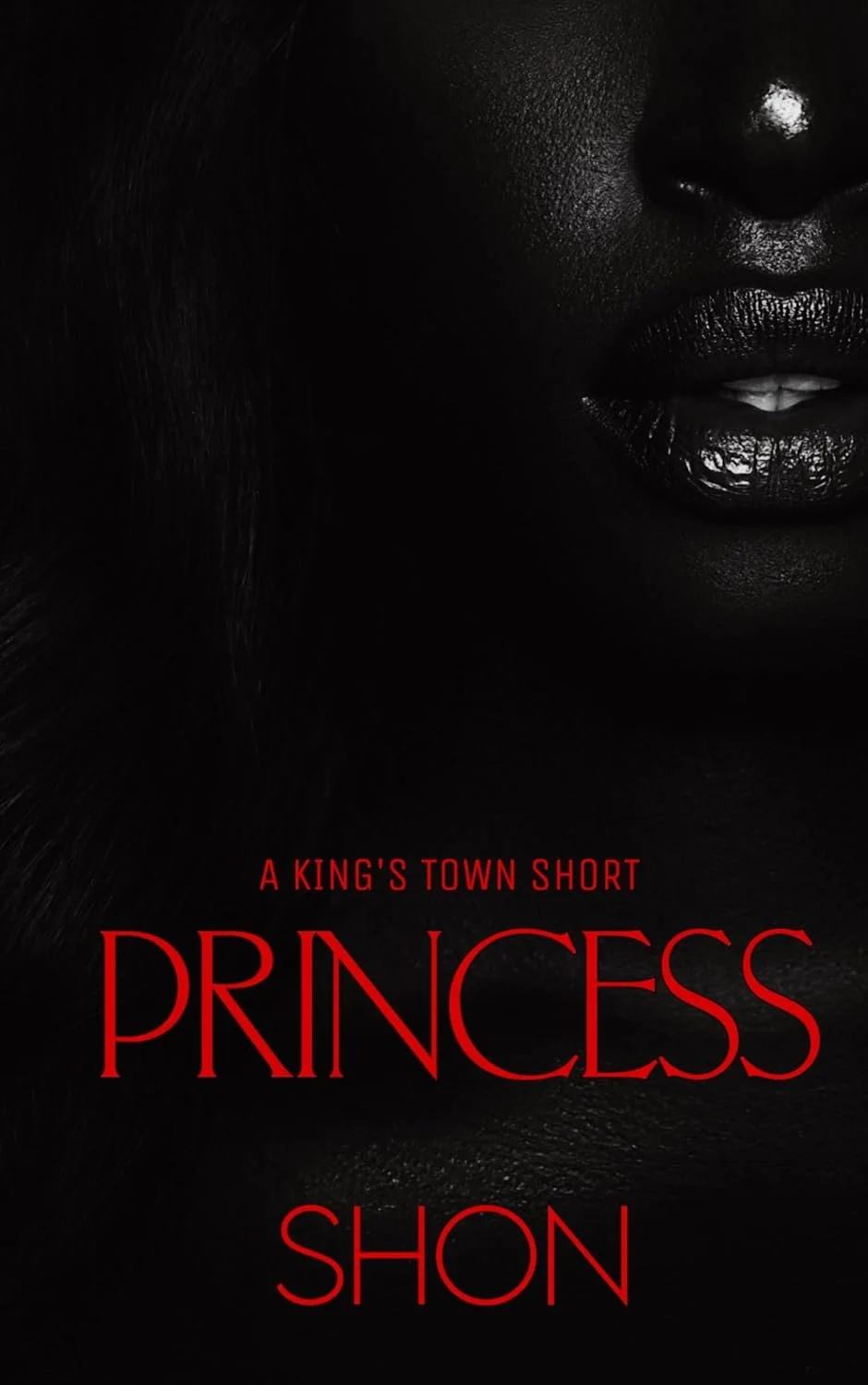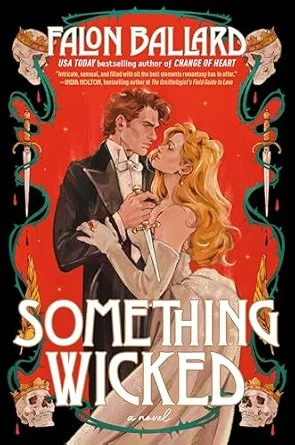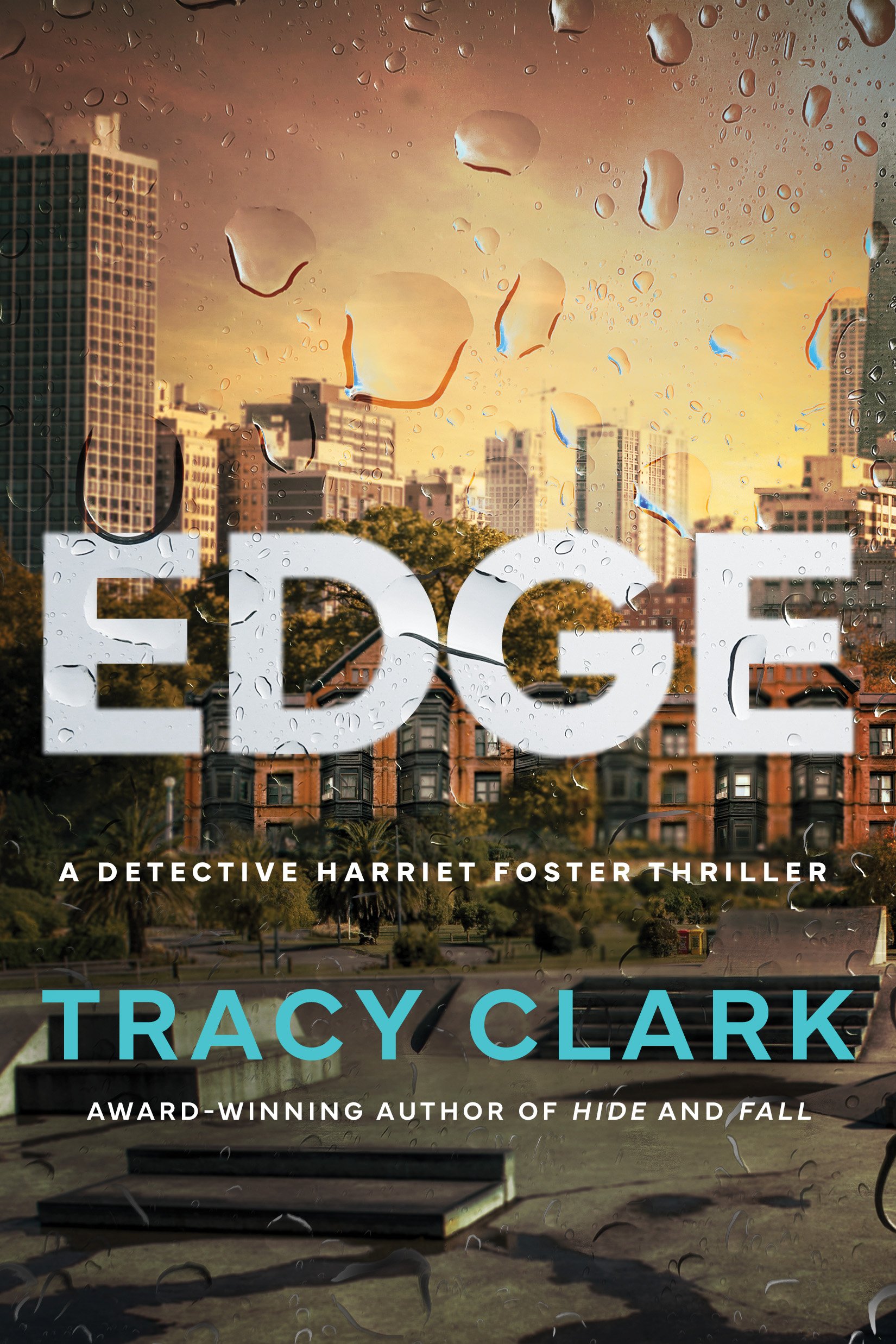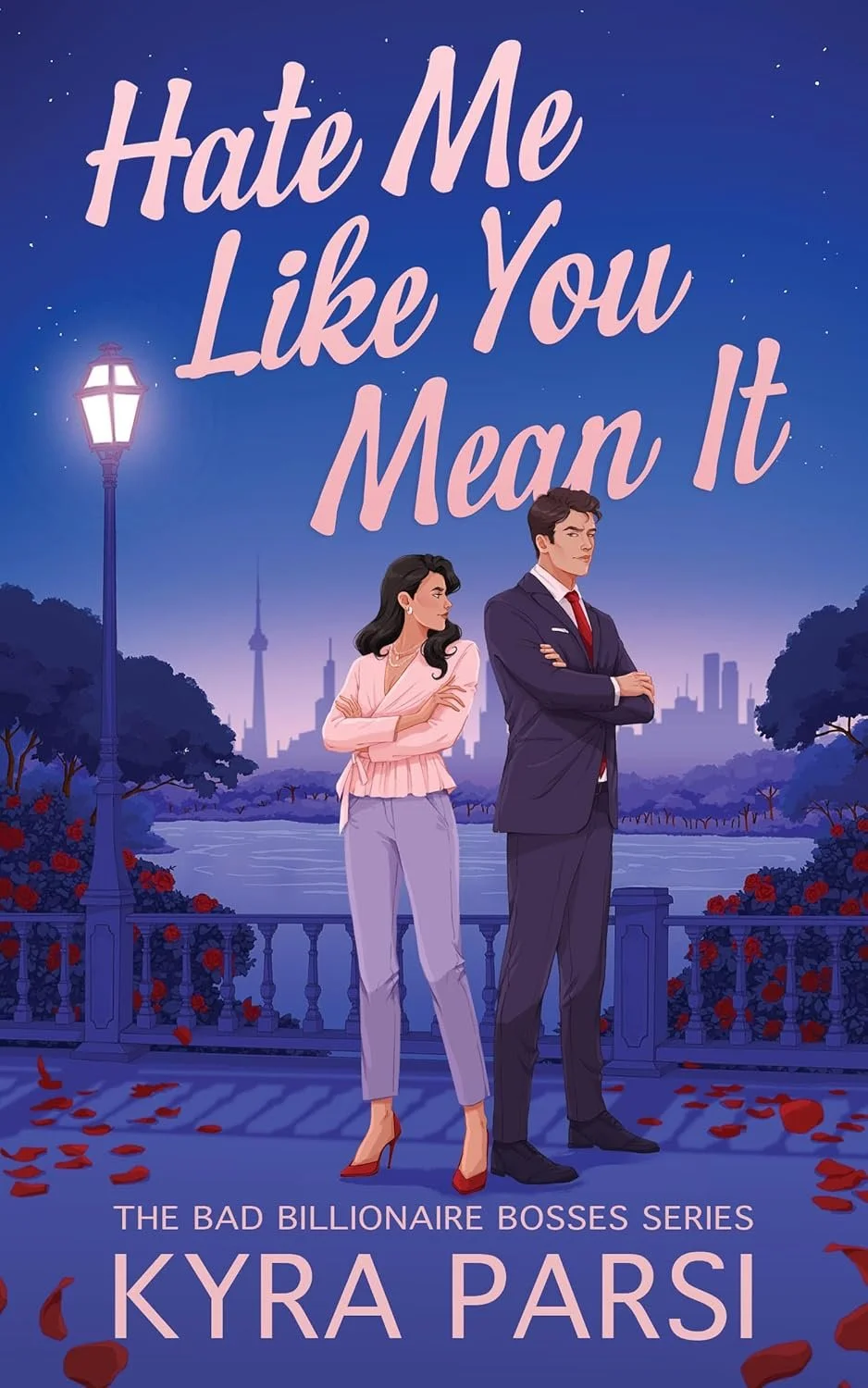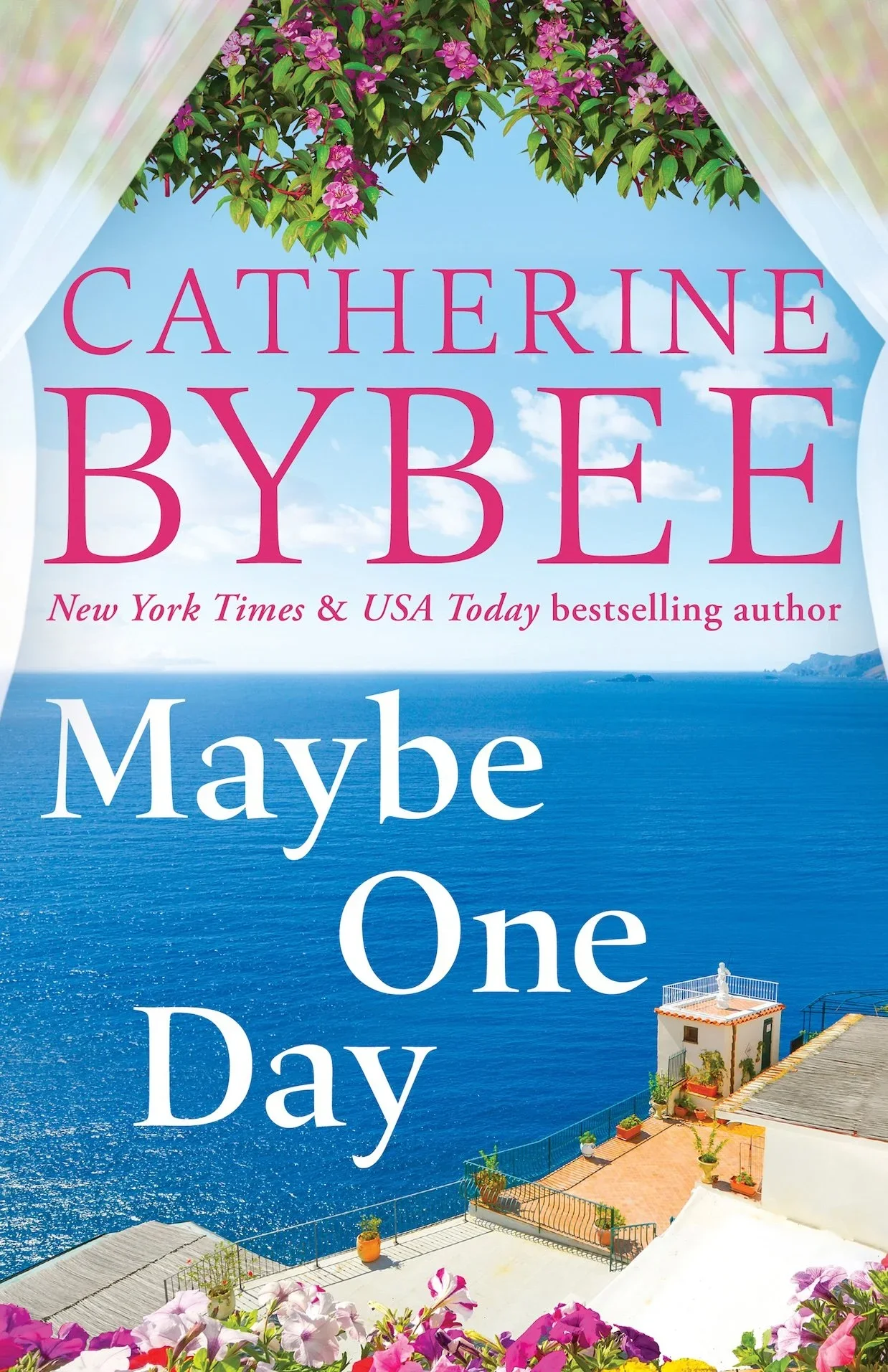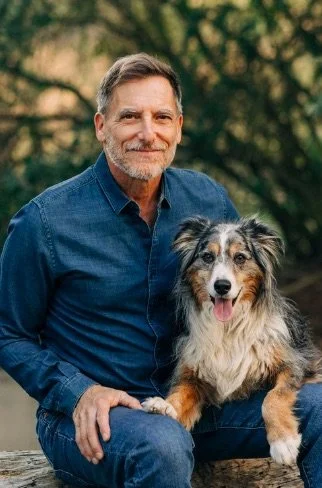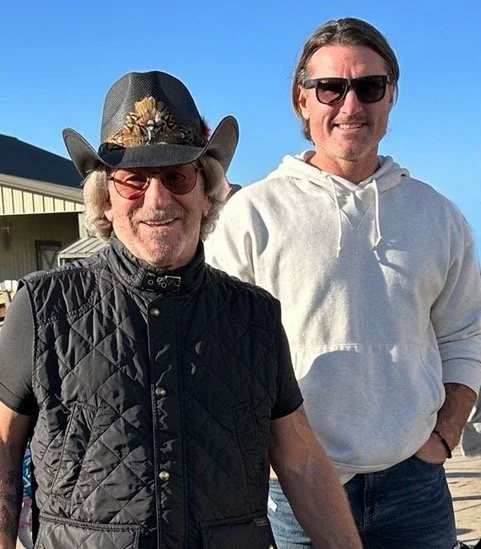A Classic Story (I Am Pilgrim) by Terry Hayes
/This was years ago. I was sitting in a nondescript office in Melbourne, Australia, when the door opened. Raymond Chandler, the American noir novelist and screenwriter, once said “when in doubt have a man come through the door with a gun in his hand”.
This was no killer. He was in his 30s, a little overweight maybe but he carried it well, with a shock of curly black hair, a ready smile and probably a fair bit of Greek somewhere in his background. He was a doctor.
I was on the opposite side of the social and professional divide – eight years younger than him, I had spent my entire working life as a reptile of the press. It would be churlish not to admit that the job had been very good to me – when I was twenty-one the newspaper group I was working for had sent me to New York as a foreign correspondent, I had traveled the world, I had covered a lot of big stories. More importantly, they are good people in journalism.
Now I had returned to Australia and was working as a writer and producer of a top-rating radio program. You meet a lot of people in that trade and one of them, a book publisher, had set up the meeting.
Apparently, the doctor had directed a movie. As part of his lifelong interest in film-making he had also read a book by the great American movie critic, Pauline Kael. I think it was I Lost it at the Movies but I could be wrong. Did I mention this was a long time ago?
Ms Kael said in the forward that from her observation, journalists often made the best screenwriters. Certainly she had some reason to believe it: Ben Hecht, who worked on seventy scripts – including Some Like it Hot, Front Page, Gone With the Wind and Scarface – had started out as an ink-stained wretch on the Chicago Journal. He was nominated six times for the Oscar and won twice. Then there was I.A.L. Diamond who studied journalism at Columbia in New York, wrote almost thirty scripts, got three Academy Award nominations and one won. Or Charlie Bracket who wrote Sunset Boulevard – a movie so good he could have thrown in his hand then – but went on to write dozens more and won four Oscars for his trouble.
Anyway, having read this by Ms Kael, the doctor thought it was a good idea to meet reptiles whenever he got the chance. A few days later I accompanied him to a house in the Melbourne suburbs to look at the movie he had made. It was a work in progress and he seemed to be editing it in a bedroom. Or maybe it was the lounge-room. All I know is that it sure wasn’t luxurious.
We watched the movie, in black and white on a small TV screen, with whole chunks missing and a lot of the dialogue too muffled to hear. At the end, he asked me what I thought. I wasn’t skilled in the ways of Hollywood then so I didn’t know that the standard strategy in such circumstances was to say: “I loved the music. It’s an incredible score, who did it?” If you ever make a movie, be very wary if people praise the music.
But, even then, I was a quick study I guess. “Very interesting,” I replied. “How do you feel about it?”
He told me that he believed he had achieved somewhere less than twenty-five per cent of his ambition for the film. It was obviously a very confronting thing to admit but he said it without rancor or bitterness – just as a matter of fact. I found myself coming to like him very much.
It often surprises me how people who are standing on the very brink of something frequently fail to recognize it. Thomas Watson, the legendary head of IBM – the company that launched so much of the computer industry – is supposed to have said “I think there is a world market for maybe five computers”.
So it was in the Melbourne suburbs that afternoon. There was this young, fresh-faced actor who had the starring role in the movie but I can’t say I saw anything special in him. I’m pretty sure the doctor did – however I certainly didn’t sit upright in my chair and think that a star was being born, that I should remember the moment and record it for posterity. All I had was a headache from straining to follow the footage.
A couple of months later, the doctor asked if I wanted to work on the script of a new movie with him. The pay was – well, let’s just say there was no way I could afford to give up my day job.
So, I started work at the radio station at 5am, finished at lunchtime and worked all afternoon on the so-called screenplay with the doctor. I do remember – as clear as if it was yesterday – the moment panic hit.
Because the doctor had made a movie, I was working to the theory that he knew most of what was necessary to write one. You know – drama, dialogue, structure, character and all that stuff. We were sitting in my apartment, lost in a story-telling labyrinth as usual, when it suddenly occurred to me that my collaborator might not know much more about this screenwriting racket than I did. In other words, a case – at best – of the legally blind leading the totally blind.
I was so shocked by this thought, so conscious of the ice-cold water sweeping my legs from under me, that I put the idea to him directly. We have spoken of this many times since and I don’t feel I am betraying any confidences. He gave one of his winning smiles and readily agreed that it was probably true. Oh, Jesus.
That started – to put it mildly – a flurry of wild activity. I have always been a voracious reader and a willing explorer so I began an inquiry – a research project, if you will – into the nature of story-telling and the underlying principles of drama. It continues to this day and will probably do so until – as we said in one of the movies we wrote – “my life fades and the vision dims”.
That exploration quickly led me to read an interview with George Lucas, the creator of Star Wars, in which he said that a great deal of his inspiration had come from a book called The Hero With A Thousand Faces by Joseph Campbell.
Campbell was an American university professor and an expert on mythology. Basically, his book argued that in many different guises, across many different cultures, the classic hero story followed the same pattern –
A man was born in unusual circumstances, went on an epic journey, was tested almost to the point of death, found the inner resources to triumph and achieved something of great benefit to his community. The hero story spoke to something very deep inside of all of us all, Campbell said, no matter what the man was called – Moses, Jesus, King Arthur, Jason of the Argonauts, Frodo Baggins. Or Luke Skywalker.
I figured if it was good enough for George Lucas, it was good enough for me. I read the book and then I read it again. So did the doctor. In the midst of all this, his movie was released. It was called Mad Max, the doctor’s name was George Miller and the fresh-faced kid who had made no lasting impression on me was Mel Gibson.
George and I continued to work on our writing, tried to learn as much as we could about drama and story-telling, and never forgot Mr Campbell’s work. Eventually we finished a script, full of weird characters and some pretty good narration and high-energy action sequences. It was brilliantly directed too, I might add.
The movie was Mad Max 2/The Road Warrior – the wasteland by way of Joseph Campbell, if you will.
Working with George and Doug Mitchell, I co-produced and wrote more movies, including Dead Calm, and did the same on a number of mini-series: The Dismissal, Bodyline, Vietnam and Bangkok Hilton to name a few.
After several years, I ended up going to Los Angeles and George went on to make a string of fine movies and win just about every industry accolade, including the Oscar.
In Hollywood I wrote – or co-wrote – the screenplay for a lot of movies. Paybackwith Mel-what’s-his-name, From Hell with Johnny Depp, Vertical Limit with Chris O’Donnell and many others that never got made or on which I did un-credited re-writing: Flightplan with Jodie Foster, Reign of Fire with Matthew McConaughey,Cliffhanger with Stallone and so on.
But it’s one of the strange quirks of Hollywood, as far as writers are concerned, that the more they earn the unhappier they seem to become. To quote Chandler again: “Hollywood is wonderful. Anyone who doesn’t like it is either crazy or sober.”
I had always wanted to be a novelist and, after fifteen years or more in LA, I started to think seriously about it. As a reader, highly-crafted thrillers and spy novels had always been my thing – if you ask me, John LeCarré is one of the best writers in the world – and that was where my imagination started to take me. Then, late one night just before falling asleep, I had a great idea.
Something has to be mentioned here. Quite a few years ago there was an American guy – I can’t remember his name, it doesn’t matter – who invented a line of men and women’s underpants fitted with panels of charcoal granules. Charcoal, apparently, is very good at absorbing certain gases and his idea was that his underwear would be a major hit with people suffering from flatulence.
I only mention this to illustrate that not all “Eureka!” moments are, in fact, a good idea. Often, there is an excellent reason why something has never been thought of before.
The idea which had occurred to me was to write a gripping spy thriller which would take the main character – and, by extension, the reader – on the classic hero journey of Jason, Frodo and Luke. He would be a solitary man, a person born in unusual circumstances, who would go on an epic adventure. He would, of course, almost be broken like a butterfly on a wheel, somehow find the strength within himself to triumph and – in doing so – render a great service to his country or the world.
To my knowledge, nobody had ever combined those elements before. After all those years, Joseph Campbell had walked back in to my life.
Try as I might, and as often as I thought of charcoal-filled underpants, I still couldn’t get the idea out of my head. When something like that happens to a person in my business, there’s usually only one thing you can do – write it.
It took a long time and was a far more complex undertaking than I could ever have anticipated. When I started I had two parents and one sibling. By the time I finished they had all passed away.
Now the book is edited and about to be published around the world, starting in England and Australia. I Am Pilgrim it is called – seven hundred pages – an epic story in every sense of the word. Is it any good? I don’t know, there are times I am certain I have created the literary equivalent of those American underpants and on other occasions I feel quietly proud of it. But it doesn’t matter what I think now – the public and readers in any number of countries will make their own decision.
But I do have my hopes. Mostly, I hope it moves and inspires people and even changes somebody’s life. That can happen some times with a book – I know from personal experience.
As things turned out, some years ago I was standing on a set in Los Angeles watching a movie I had written being filmed. It’s a slow and tedious process – staring at paint drying is riveting by comparison – and the producer wandered over to have a chat.
She was obviously upset and I asked her what was wrong. She said she was spending a lot of time visiting a friend of hers who was dying – the woman only had a few days left to live.
“Anyone I know?” I asked.
“Pauline Kael,” she said.
I told her about the events in Melbourne all those years ago and how I had come to be involved in movies and asked, when she saw Ms Kael next, if she wouldn’t mind passing the story on and thanking her.
The next day the producer said she had done as I asked and reported: “She said what a wonderful thing it was to have written something which had such an effect on somebody’s life and career.”
I didn’t mention her in the acknowledgments of my book but I suppose in a wayPilgrim is dedicated to her.
Thank you, Pauline and yes – what a wonderful thing indeed.
Terry Hayes is the award-winning writer and producer of numerous movies, including Payback, Road Warrior, and Bangkok Hilton (featuring Nicole Kidman). He lives in Switzerland with his wife, Kristen, and their four children.
This astonishing debut espionage thriller depicts the collision course between two geniuses, one a tortured hero and one a determined terrorist, in a breakneck story reminiscent of John le Carré and Robert Ludlum at their finest.
PILGRIM is the code name for a world class and legendary secret agent. His adversary is a man known only to the reader as the Saracen. As a young boy, the Saracen barely sees his dissident father beheaded in a Saudi Arabian public square. But the event marks him for life and creates a burning desire to destroy the special relationship between the US and the Kingdom. Everything in the Saracen’s life from this moment forward will be in service to jihad.
At the novel’s opening, we find ourselves in a seedy hotel near Ground Zero. A woman lies face down in a pool of acid, features melted off her face, teeth missing, fingerprints gone. The room has been sprayed down with DNA-eradicating antiseptic spray. All the techniques are pulled directly from Pilgrim's book, a cult classic of forensic science written under a pen name.
In offering the NYPD some casual assistance with the case, Pilgrim gets pulled back into the intelligence underground. What follows is a thriller that jockeys between astonishingly detailed character study and breakneck globetrotting. The author shifts effortlessly from Pilgrim’s hidden life of leisure in Paris to the Saracen’s squalid warrior life in Afghanistan, from the hallways of an exclusive Swiss bank to the laboratories of a nefarious biotech facility in Syria.
The inevitable encounter between Pilgrim and the Saracen will come in Turkey, around the murder of a wealthy American, in a thrilling, twisting, beautifully orchestrated finale.




